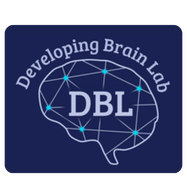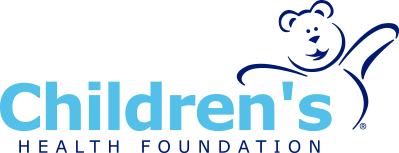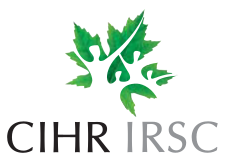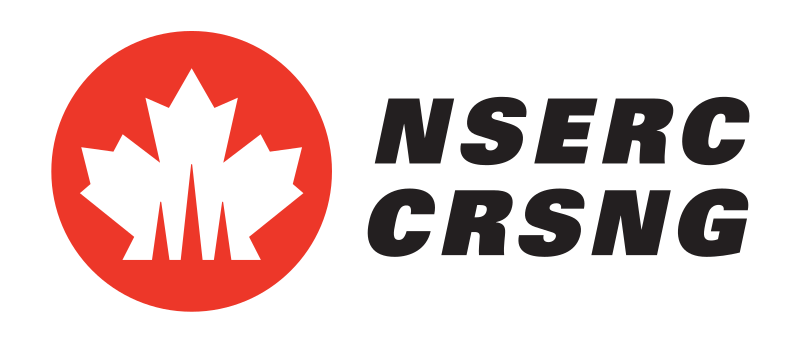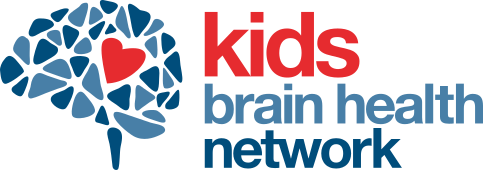|
My name is Dr. Emily Nichols, and I’m a postdoctoral fellow in the DBL. Before joining the lab, I did a postdoc in physics, learning how to apply machine learning techniques to solve problems in neuroimaging. This has set me up really well to tackle the project I’m now working on, which is to solve some of the issues surrounding fetal brain imaging.
Taking MRIs of the fetal brain is a key way to learn about cognitive development, which starts well before the baby is born. Using fetal brain imaging, we can answer questions such as how the brain processes sound at different stages of development, whether the fetal brain differentiates between different sounds, and how functional brain networks, such as the auditory and language networks, develop over time. Before we can answer these questions, we need to analyze the data. Fetal neuroimaging is relatively new, and there are a lot of issues that you don’t encounter when analyzing data from the brains of adults. First of all, there is a lot of tissue surrounding the fetus’s brain, much more than the adult brain. Some really smart people have developed tools to automatically erase all the non-brain tissue in adult brain images, but the tools to do this in the fetus are still being developed, and we’re helping to do that. Another issue is motion, which corrupts the data; in adults, you can ask them to hold still, but the fetus moves around a lot. This is another technical problem I’m trying to address. Once we’ve figured out how to deal with the issues surrounding working with fetal brain imaging data, we’ll be able to answer some really fascinating questions we have about the developing brain. Specifically, I’m very interested in how language networks develop in the fetal brain, and how this is affected by other factors such as conditions like Intrauterine Growth Restriction. By studying the fetal brain, we hope to improve newborn brain health and cognitive outcomes, specifically later language development, especially in vulnerable populations.
0 Comments
Leave a Reply. |
Archives
August 2020
Categories |

 RSS Feed
RSS Feed
